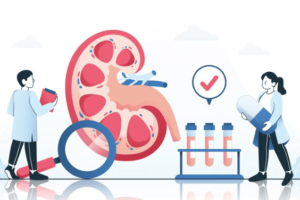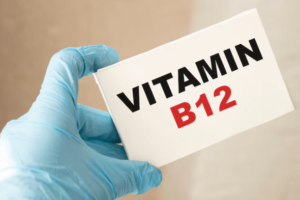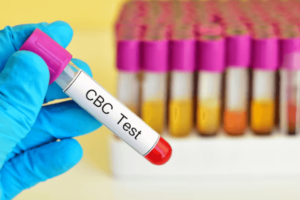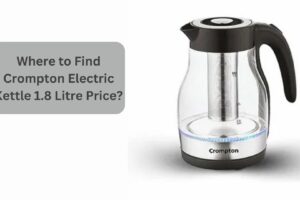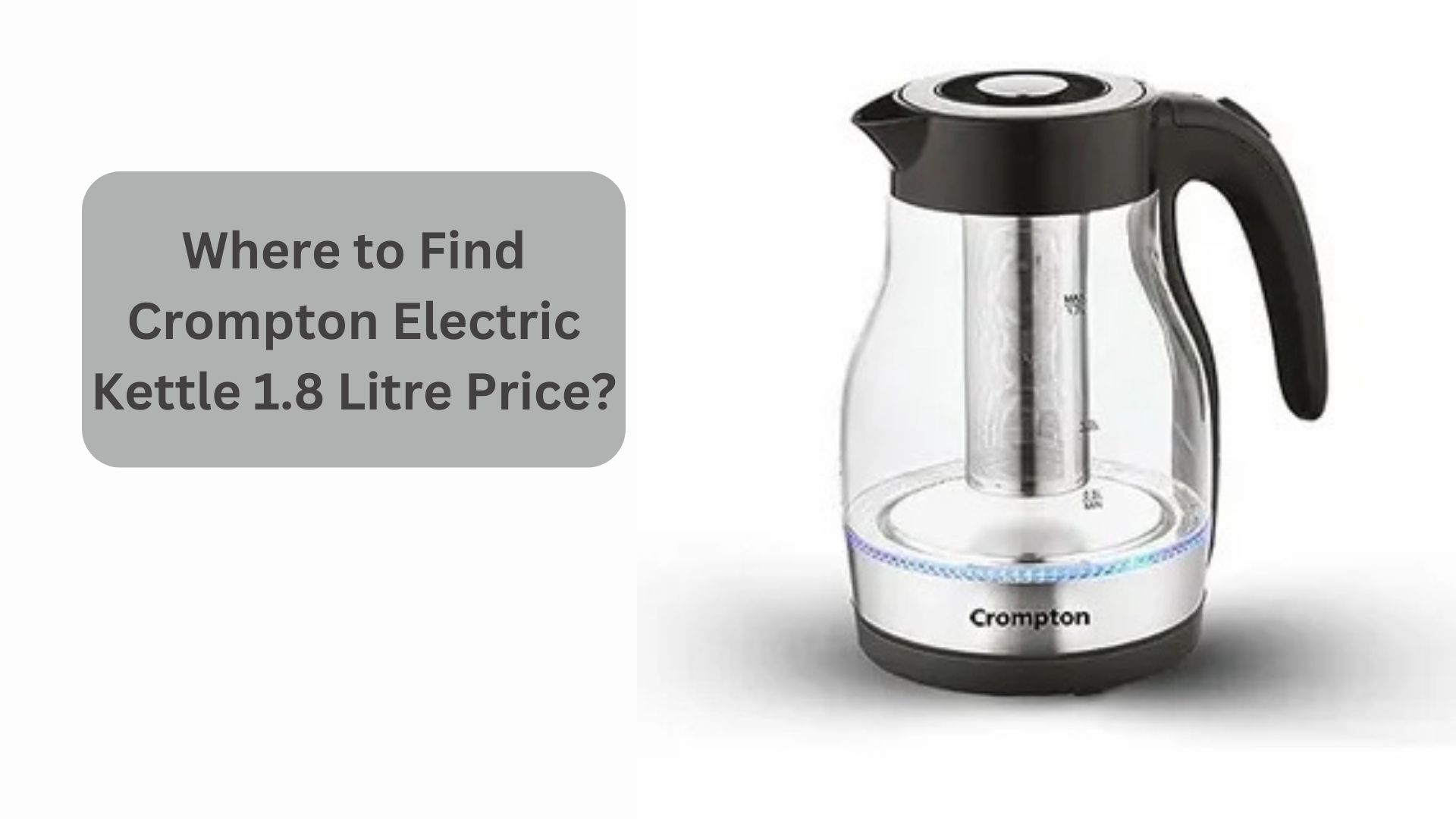Alcohol addiction, often referred to as alcohol use disorder (AUD), is a serious condition that affects millions of people around the world. It’s a chronic disease marked by an inability to control alcohol consumption, despite the harmful consequences that follow. The symptoms of alcohol addiction can be subtle at first, but as the addiction progresses, the signs become more evident, affecting not only the individual but also those around them.
Recognizing the symptoms of alcohol addiction is crucial to seeking timely help. In this article, we will explore the signs and symptoms of alcohol addiction, how it affects both the mind and body, and the critical steps to take if you or a loved one may be struggling with this condition.
Understanding Alcohol Addiction
Alcohol addiction is not simply about drinking too much; it is a complex condition that involves both physical and psychological dependence on alcohol. For many, what starts as casual drinking can gradually escalate into a full-blown addiction. The progression can be slow and often unnoticed until it becomes a severe problem. Early detection of alcohol addiction symptoms can make a significant difference in treatment outcomes.
Physical Symptoms of Alcohol Addiction
Alcohol addiction takes a toll on the body, and several physical signs can indicate a problem. These physical symptoms may be mistaken for other issues, but when they appear consistently, it’s often a red flag. Below are some of the most common physical signs:
1. Tolerance to Alcohol
One of the early signs of alcohol addiction is developing a tolerance. This means that over time, an individual needs to consume more alcohol to achieve the same effects. Tolerance can lead to increased alcohol consumption, further fueling the addiction.
2. Withdrawal Symptoms
When a person stops drinking or reduces their alcohol intake, they may experience withdrawal symptoms. These can include shakiness, sweating, nausea, anxiety, and headaches. Severe cases of withdrawal can result in seizures, hallucinations, or delirium tremens, a dangerous condition that requires medical attention.
3. Changes in Appearance
Long-term alcohol addiction can lead to visible changes in physical appearance. These changes may include weight loss or gain, redness in the face (due to dilated blood vessels), and poor hygiene. Individuals may also experience dental issues, such as gum disease and tooth decay, as alcohol can dehydrate the body and reduce saliva production.
4. Sleep Disturbances
Alcohol disrupts the natural sleep cycle. While some people may fall asleep easily after drinking, the quality of sleep is often poor. Frequent waking, insomnia, or sleeping excessively can all be signs that alcohol is interfering with normal sleep patterns.
Behavioral Symptoms of Alcohol Addiction
Behavioral changes are often the most noticeable signs of alcohol addiction. These can affect personal relationships, work performance, and overall quality of life. Below are some common behavioral symptoms:
1. Drinking in Secret or Alone
As alcohol addiction deepens, individuals may begin to drink alone or in secret to hide the extent of their problem. They may drink at odd times, such as in the morning, or even sneak drinks during social gatherings.
2. Neglecting Responsibilities
Alcohol addiction often leads to a neglect of responsibilities. This can manifest as absenteeism at work, poor performance, or neglecting family duties. Relationships may suffer as a result of missed commitments or erratic behavior.
3. Loss of Interest in Activities
A hallmark sign of addiction is a loss of interest in activities that once brought joy. Hobbies, social events, and even spending time with loved ones may take a back seat to drinking. This shift can lead to isolation and withdrawal from social interactions.
4. Risky Behaviors
Alcohol impairs judgment, and individuals struggling with addiction may engage in risky behaviors. This could include driving under the influence, participating in unsafe sexual practices, or getting into physical altercations. These behaviors not only endanger the individual but also those around them.
5. Financial Problems
Alcohol addiction can also lead to financial difficulties. The cost of maintaining an alcohol habit can be significant, and individuals may find themselves spending money they don’t have. Borrowing money, neglecting bills, or even stealing to fund their drinking habit are all signs of a serious problem.
Psychological Symptoms of Alcohol Addiction
The psychological impact of alcohol addiction can be just as devastating as the physical and behavioral symptoms. Alcohol changes the brain’s chemistry, affecting mood, cognition, and mental health. Below are some psychological symptoms associated with alcohol addiction:
1. Cravings
A strong, uncontrollable urge to drink is a common symptom of alcohol addiction. Cravings can occur at any time, often triggered by stress, social situations, or even boredom. The desire to drink can become so overwhelming that it interferes with daily life.
2. Anxiety and Depression
Alcohol addiction is often linked to mental health disorders such as anxiety and depression. While some individuals may initially drink to cope with these conditions, alcohol ultimately worsens them. In many cases, the individual feels trapped in a cycle of drinking to alleviate symptoms, only to experience more intense feelings of anxiety and depression once the effects wear off.
3. Mood Swings
Alcohol affects the brain’s neurotransmitters, leading to sudden and unpredictable mood changes. An individual may feel euphoric while drinking, only to experience irritability, anger, or sadness afterward. These mood swings can strain relationships and create an unstable emotional environment.
4. Memory Problems
Alcohol impairs short-term memory, and individuals with an addiction may experience blackouts or have difficulty recalling events that occurred while they were drinking. Over time, alcohol can also lead to long-term cognitive issues, affecting concentration, focus, and decision-making.
5. Denial of the Problem
One of the most challenging psychological symptoms of alcohol addiction is denial. Many individuals refuse to acknowledge that they have a problem, even when it is evident to those around them. Denial can delay treatment and exacerbate the addiction.
Social Symptoms of Alcohol Addiction
Alcohol addiction not only affects the individual but also has a profound impact on their relationships with others. The social symptoms of alcohol addiction often include the following:
1. Strained Relationships
Alcohol addiction can lead to conflict within families, friendships, and romantic relationships. Individuals may become distant, irritable, or unreliable, causing emotional strain on loved ones. Arguments over drinking habits and broken promises can erode trust over time.
2. Isolation
As alcohol addiction progresses, individuals may begin to withdraw from social interactions. They may isolate themselves to avoid judgment or because they feel ashamed of their drinking habits. This isolation can further fuel the addiction, as drinking becomes their primary coping mechanism.
3. Legal Issues
For some, alcohol addiction leads to legal problems, such as driving under the influence (DUI), public intoxication, or disorderly conduct. These legal issues can compound the individual’s difficulties, leading to fines, court appearances, and even jail time.
Recognizing the Severity of Alcohol Addiction
The severity of alcohol addiction can range from mild to severe, depending on the number of symptoms present and their impact on daily life. According to the Diagnostic and Statistical Manual of Mental Disorders (DSM-5), alcohol use disorder is classified as mild if two to three symptoms are present, moderate if four to five symptoms are present, and severe if six or more symptoms are present. Recognizing the severity of the condition is important for determining the appropriate level of treatment.
Seeking Help for Alcohol Addiction
If you or someone you know is displaying symptoms of alcohol addiction, it’s important to seek help as soon as possible. Early intervention can make a significant difference in recovery outcomes. Treatment options for alcohol addiction include:
1. Medical Detoxification
For those with severe alcohol addiction, medical detoxification is often the first step. This process involves safely removing alcohol from the body under the supervision of medical professionals. Detox is important because it helps manage withdrawal symptoms and reduces the risk of complications.
2. Behavioral Therapies
Cognitive-behavioral therapy (CBT), motivational enhancement therapy, and other forms of counseling can help individuals understand the root causes of their addiction and develop coping strategies to avoid relapse.
3. Medication
Certain medications, such as naltrexone, acamprosate, and disulfiram, can be prescribed to reduce cravings or prevent alcohol consumption. These medications are often used in conjunction with therapy.
4. Support Groups
Support groups such as Alcoholics Anonymous (AA) provide a sense of community and encouragement for individuals in recovery. These groups offer a safe space to share experiences and receive guidance from others who have faced similar challenges.
5. Long-Term Aftercare
Recovery from alcohol addiction is a lifelong journey. Long-term aftercare, including ongoing counseling, support group participation, and sober living environments, can help individuals maintain their sobriety and avoid relapse.
Conclusion
Alcohol addiction is a serious and complex condition that affects every aspect of a person’s life. Recognizing the symptoms early and seeking help can prevent the condition from worsening and improve recovery outcomes. Whether it’s through medical intervention, therapy, or support groups,
Take the first step toward a healthier, addiction-free life. Contact the top Nasha Mukti Kendras in Nawanshahr today for personalized, compassionate, and effective treatment. Whether you’re battling alcohol or drug dependency, these centers are here to guide you through recovery and help you reclaim your future. Call now and start your journey to lasting sobriety!


